Yemen’s President Dr. Rashad Mohammed Alimi, head of the Presidential Leadership Council, has reiterated Yemen’s steadfast support for the Palestinian people. He emphasized the importance of their legitimate right to resist occupation and establish an independent state. Alimi stated that strengthening the Palestinian national position and enhancing the prospects for a two-state solution begins with a unified Arab stance and internal cohesion, alongside efforts to deter armed militias in the region.
Condemnation of Israeli Aggression
In a speech delivered at the Arab-Islamic Follow-Up Summit held in Riyadh on Monday, President Alimi condemned Israeli aggression against Lebanon. He expressed Yemen’s full support for the Lebanese government’s efforts to achieve a permanent ceasefire and to empower its national institutions to assert sovereignty over its territory in accordance with international law.
Alimi argued that deterring Israeli aggression requires more than proxy wars. He called for resolving disputes, supporting national Arab identities, and upholding international legitimacy without selectivity or procrastination.
Opposition to Houthi Militias
The President also reiterated the Yemeni government’s rejection of the Houthi militias’ actions, which have exacerbated the economic and living conditions of the region’s populations. He pointed out that such militias have militarized regional seas and waterways, serving aggressive expansionist interests.
Strategic Accumulation at the Summit
President Alimi highlighted the strategic progress achieved by the joint Arab-Islamic summit over the past year. He noted the framework it provided for integrated Arab-Islamic cooperation, reinforcing the two-state solution and garnering international support to meet the aspirations of the resilient Palestinian people.
He commended the success of the ministerial committee formed a year ago, which enhanced the unprecedented diplomatic presence of the Palestinian cause in international forums. This effort culminated in the UN General Assembly’s recognition of Palestine as a member state, leading to Saudi Arabia’s announcement of an international coalition to implement the two-state solution.
A New Diplomatic Approach
The President emphasized that the joint Arab-Islamic summit established a new approach to international diplomacy based on accumulation, integration, and realism. This method aims to curb expansionist, hegemonic, and violent projects.
He stressed the need to enhance this experience and utilize its collective mechanisms to expedite regional and international integration, thereby protecting the interests and national security of the peoples involved.
Expanding Arab Diplomatic Efforts
In this context, Alimi called for expanding Arab diplomatic efforts and activating the Arab Peace and Security Council. He urged for a comprehensive integration of these efforts with those of the ministerial committee, extending beyond the central Palestinian issue to address regional conflicts and support peacebuilding initiatives.
In his closing remarks, President Alimi acknowledged historical lessons that demonstrate the need to strengthen the Palestinian national position and enhance the chances for a two-state solution. He reiterated that deterring Israeli aggression cannot occur through proxy wars but requires resolving internal disputes and supporting national Arab identities.
He concluded by thanking the Kingdom of Saudi Arabia for its leadership and commitment to these efforts, wishing for success in serving the interests, security, and stability of the region.
To follow the news in Arabic
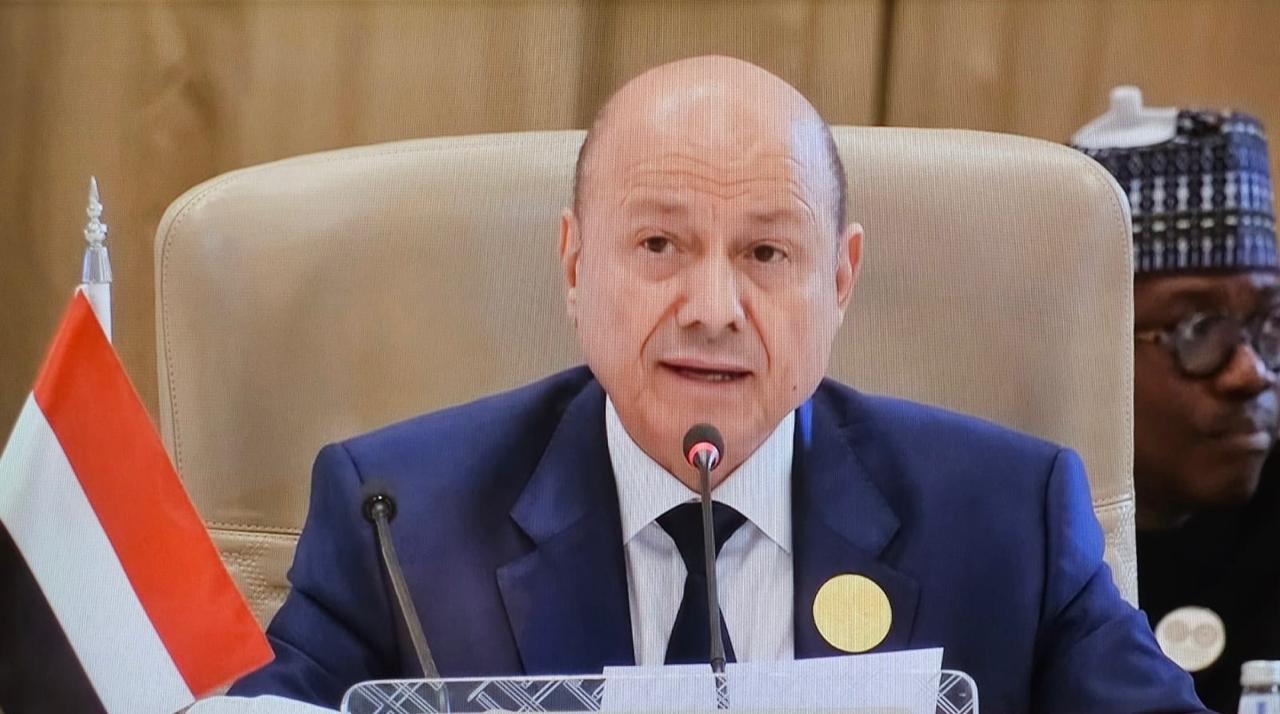
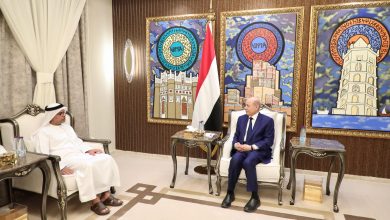 The Chairman of the Presidential Leadership Council receives the Ambassador of the United Arab Emirates.
The Chairman of the Presidential Leadership Council receives the Ambassador of the United Arab Emirates.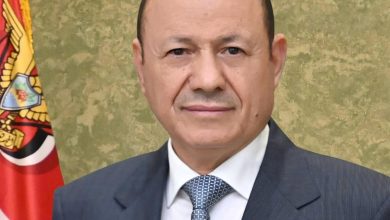 The Chairman of the Leadership Council praises the new British support for the Yemeni Coast Guard forces.
The Chairman of the Leadership Council praises the new British support for the Yemeni Coast Guard forces.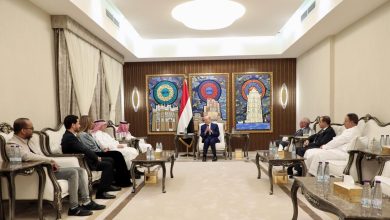 The Chairman of the Leadership Council receives the leadership of the Yemeni Orchestra.
The Chairman of the Leadership Council receives the leadership of the Yemeni Orchestra.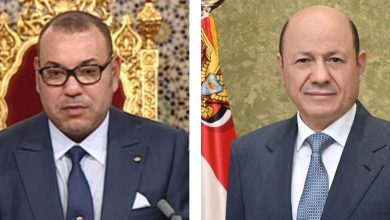 The Chairman of the Presidential Leadership Council extends congratulations on Morocco’s Independence Day.
The Chairman of the Presidential Leadership Council extends congratulations on Morocco’s Independence Day.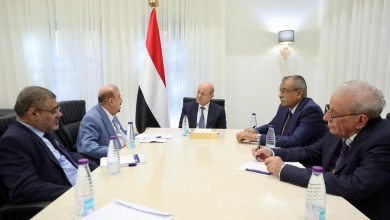 The President of the Presidential Leadership Council meets with the Chairman and members of the Parliamentary Leadership Council.
The President of the Presidential Leadership Council meets with the Chairman and members of the Parliamentary Leadership Council.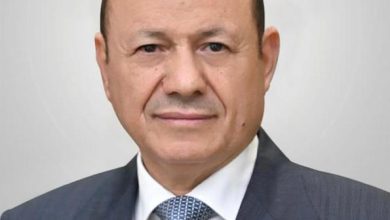 The Chairman of the Leadership Council reviews government measures to mitigate the impacts of price fluctuations.
The Chairman of the Leadership Council reviews government measures to mitigate the impacts of price fluctuations.